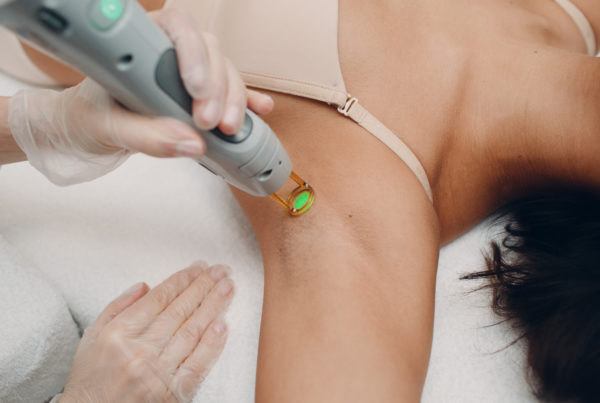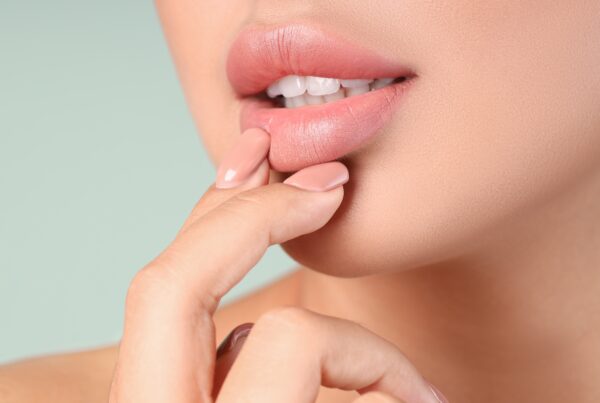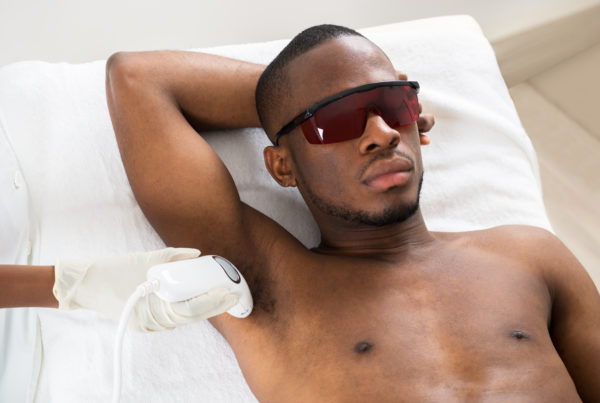Fight infection with Dr Chatterjee’s 4 Pillar Plan: The first pillar – Relax
During the current Coronavirus pandemic, many of us are focusing on our health and how best to protect ourselves from the virus. The team at Brigstock Skin and Laser have always maintained that one of the best ways to look after your skin is to maintain a healthy lifestyle. A healthy lifestyle will not only help you maintain the radiant skin you achieve through the treatments and skin products provided at the clinic, but it will also help you fight against infectious disease including the Coronavirus.
With this in mind, we thought you might find it helpful to share some of the advice provided by Dr Rangan Chatterjee in his brilliant book “The 4 Pillar Plan”; How to Relax Eat Move and Sleep.
By focusing on each of Dr Chatterjee’s four pillars of health and how you can enhance them Dr Chattejee gives you a comprehensive guide to living longer and healthier. Today’s article will focus on his first pillar; Relaxation.
Relax more
Given the understandably high levels of anxiety during the pandemic, it is perhaps most appropriate that these series of newsletters also focus first on Dr Chatterjee’s ideas on relaxation. Interestingly Dr Chatterjee also opens his book with a bold statement stating that the majority of health problems he normally sees in his practice are directly related to our hectic modern lifestyles. His answer to combating the assault that modern life inflicts on your health is to relax more. In a busy world where you’re constantly responding to emails dropping into your inbox, text messages, WhatsApp groups and phone calls a little Me-Time every day is important. The science is clear. By relaxing more we reduce the stress hormone Cortisol which is not only good news for your skin but also helps improve your digestive and your immune systems.
The Me-Time advocated by Dr Chatterjee is phone-free time relaxing on your own – we’ll come to the phone free bit next. Obviously being confined to the house during the current lockdown can make this a little difficult with the family confined with us. Which is why now more than ever finding those fifteen quiet minutes alone each day so important. Here are some examples of phone-free Me-Time you might consider:
- Having a bath
- Playing a musical instrument
- Going for a walk
- Gardening
- Cooking with your favourite album, or in silence
- Sitting on a park bench relaxing
- Painting
- Reading a magazine
- Dancing
- Reading a book
- Fifteen minutes of yoga or Tia Chi
- Singing
- Relaxing with or without music
It’s an interesting idea to be suggesting that it would be helpful to limit our screen time during the current lockdown when phones and screens are more important than ever for communicating with the outside world. Interestingly recent studies have shown that many smartphone applications fire up neural pathways associated with reward, activating addiction centres in our brains. This intense stimulus prevents you from truly relaxing which is why Dr Chatterjee advocates in his book a Screen-free Sabbath every Sunday. It might be that under the current circumstances a whole day is going to be difficult for most people, but if you can it might be worth considering taking a morning off from your phone at least once a week.
During this period of forced confinement, it’s important we do our best to maintain our spirits and ensure that the current difficulties do not cause us increased levels of stress. One of the oldest ways of maintaining a positive mental attitude is to give thanks for what we do have. Many of the old books of antiquity advocate this modern physiological hack and Dr Chatterjee’s book also recommends this practice too by suggesting the use of a gratitude journal. This just involves a daily ritual of writing down some of the little things we take for granted that we can give thanks for. And despite our current difficulties, we have a huge amount to be grateful for in today’s day and age. If, for example, this pandemic had struck even just 20 years ago this situation would have been profoundly more difficult. For example tasks like ordering our groceries online or meeting up with friends and family virtually would have been simply impossible. So let’s be grateful for the things we do have and make ourselves feel better for it.
Another relaxation technique that Dr Chatterjee recommends is a daily practice of at least 5 minutes of stillness. This can include typical techniques like meditation or breathing exercises but can even include simple mindful moments like just focusing on your footstep when you are walking. It’s all about trying to let go of the constant chatter inside your own mind. You may only be able to quieten that internal voice for a couple of seconds to start off with, but with daily practice that internal voice will stay quiet for long and the benefits can be quite remarkable. These include improved sleep, focus and reduced levels of stress. Here are some other stillness interventions suggested by Dr Chatterjee:
- Meditation with an app like calm
- Deep breathing
- Yoga breathing practice such as breathing in through your left nostril for four, holding for four and then breathing out through the right
- 3-4-5 breathing
- five minutes of colouring-in
- Sitting in silence with full awareness of your senses, e.g. feel your feet on the floor, the breeze on your cheeks etc
- Listen to music mindfully – headphones on, eyes closed, fully focused.
The final piece of advice Dr Chatterjee has to help you relax is to reclaim your dining table. Reclaiming your dining table is all about eating at least one meal a day at the table, in company (if possible), without your devices. In his book, Dr Chatterjee explains how focusing on making those social connections with our family around the dining table helps reduce your stress and your levels of cortisol. There’s evidence that increased levels of cortisol trigger our flight-or-fight stress response, causing chronic low-grade inflammation to increase within your body. This is thought to be a major cause of many common chronic diseases we see today as well as weakening your immune response.
Hopefully this you find this article helpful. Remember the team at Brigstock Skin and Laser are still contactable if you’d like to speak with any of them about any of your treatments of anything else for that matter. And please do work on looking after yourself during these next few weeks.
Stay safe and be proud of your skin.





